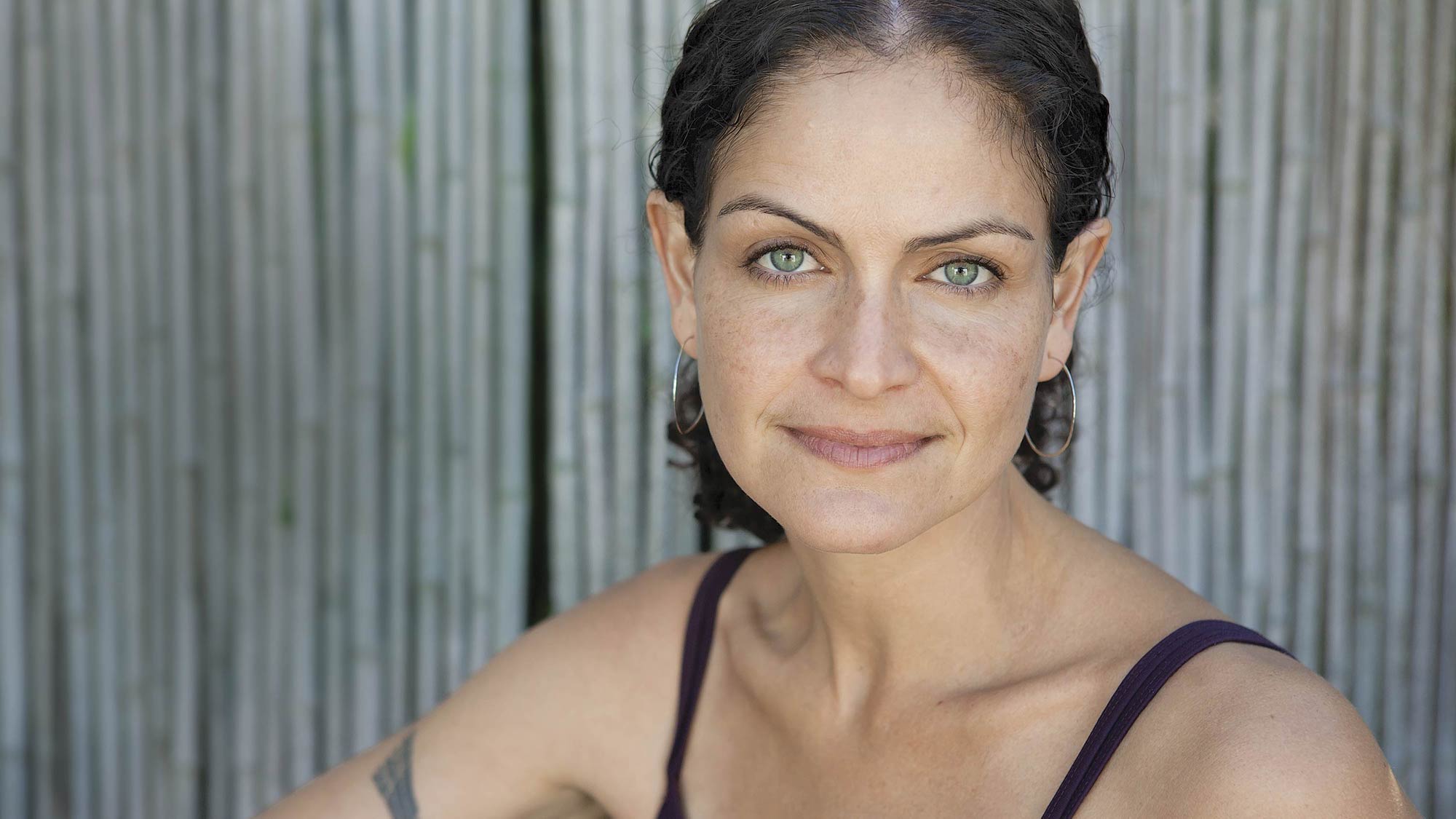Why Seva Doesn’t Mean “Selfless Service”

When I was a new teacher, I volunteered to teach yoga to teen girls at a Boys & Girls Clubs location in Venice, California. In addition to yoga, we’d also do art projects and talk about issues that affect young adults, such as low self-esteem. Negative body image had been a big struggle for me as a teen, and I’ve often thought about how learning yoga back then would have helped me regulate my emotions and reframe my insecurities. So, I made body image the theme of one of our classes and devised an art project to help the girls honor and love their bodies just as they were. Armed with poster board, pastels, and stacks of magazines containing inspirational messages about self-love, I opened the class with some questions I thought would segue to my planned project: “How do you feel about your body?” “Do you ever try to change the way your body looks?”
The girls—who were all different shapes and sizes—only stared at me with confused expressions and then unanimously responded with statements like, “I love my body;” “My body’s amazing.” I was shocked and embarrassed that I’d come in acting like an expert on an experience that was different from my own. I hastily scrapped the art project and went straight to practicing yoga.
“I needed to listen more than I spoke.”
Looking back, I recognize the deep impact those girls had on me. They showed me the importance of setting out to help others, not from a place of distance or separation, but rather by making a connection with people, getting curious about their experience, and staying open before deciding what to offer. It’s a lesson that comes to bear for me all the time.
See also Hala Khouri’s Trauma-Informed Yoga Teaching Path
For instance, a few years ago I was asked to offer counseling and information on trauma to a group of gang interventionists, all former gang members who had struggled with addiction, violence, and incarceration. Their life experience was completely foreign to me. I grew up in an upper-middle class, white community where people who struggled with drugs were sent to rehab, not thrown in jail. Most people in my community had stable jobs and felt protected by law enforcement, not targeted by them. So, before starting counseling or offering self-care techniques, I knew I needed to listen more than I spoke. Their stories of resilience, perseverance, pain, forgiveness, and faith were incredible. But I never would have heard them if I’d positioned myself as an outside expert.
“True service recognizes the humanity in each of us.”
I often refer to this quote from Lilla Watson, an Aboriginal elder and social-justice activist in Australia: “If you have come to help me, you are wasting your time. If you have come because your liberation is bound up with mine, then let us work together.” When Watson said that our liberation is bound, I believe she was speaking to the fact that no one is free until everyone is free. How can I enjoy the privileges afforded to me knowing that not everyone else has the same privileges? Or worse, that some of my privileges come at the cost of the well-being of others? It can feel overwhelming to think about these things, but if I want to continue my seva work, it is necessary. It has also led me to redefine, or at least reinterpret, the word seva.
While the direct translation of seva is “selfless service,” I’ve come to realize that there is no such thing. It’s vital that we let our interactions with people touch into our own vulnerability. Otherwise, we inadvertently create separation and even a hierarchy—which foolishly implies we are the one with something to offer. True service is about acting in a way that recognizes the humanity in each of us, despite our differences— a way that acknowledges the pain and the strength we share and sees everyone as deserving access to basic human needs. Ultimately, it is our mutuality that will allow us all to heal.
See also Seva Champions: 14 Selfless Service Leaders
About Our Expert
Hala Khouri is a yoga teacher and somatic counselor in Venice, California, and co-founder of Off the Mat Into the World. Through Collective Resilience, a training program she co-founded, she trains clinicians, yoga teachers, educators, and non-profit staff to be trauma-informed and healing- and justice-centered in their work. Her book, Peace from Anxiety: Get Grounded, Build Resilience and Stay Connected Amidst the Chaos (Shambhala Publications) was released in April 2021.